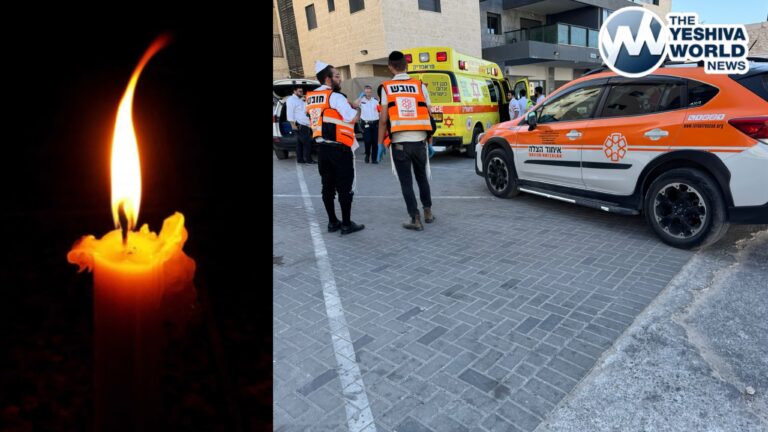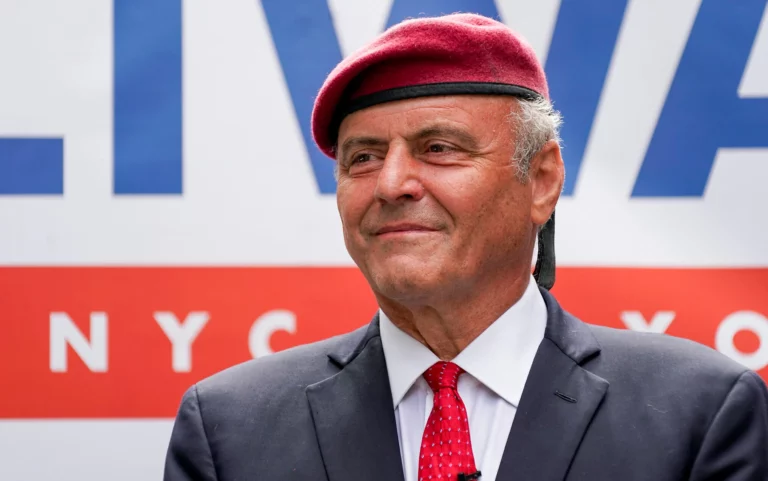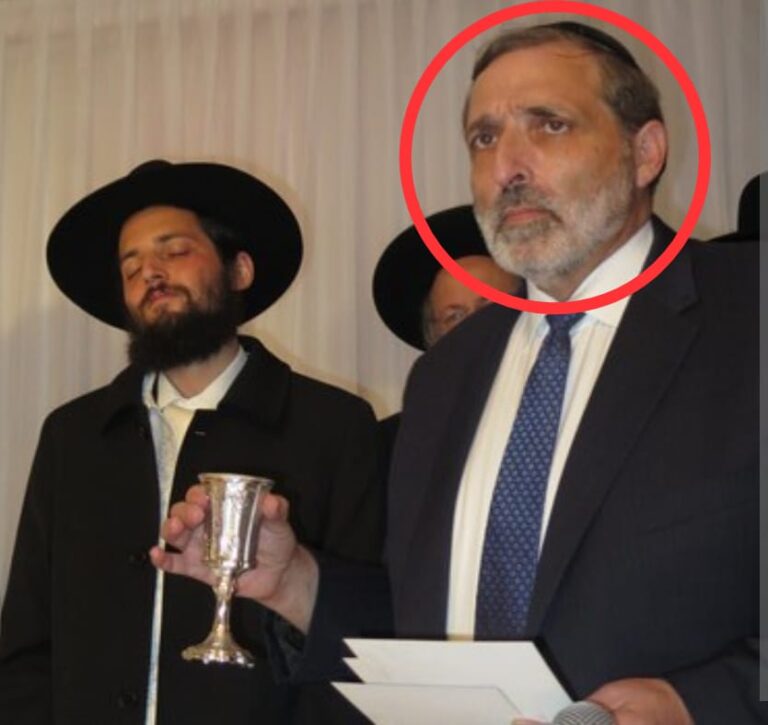 The three oil companies primarily involved in the Gulf of Mexico oil spill blamed each other Tuesday for the accident last month that left 11 workers dead and oil still spewing into the Gulf.
The three oil companies primarily involved in the Gulf of Mexico oil spill blamed each other Tuesday for the accident last month that left 11 workers dead and oil still spewing into the Gulf.
At a hearing before the Senate Energy and Natural Resources Committee, BP, the well’s owner and lead operator of the project, sought to turn attention to Transocean, which had a contract to drill the well for BP using its Deepwater Horizon drill rig.
“Transocean, as owner and operator of the Deepwater Horizon drilling rig, had responsibility for the safety of drilling operations,” said Lamar McKay, chairman and president of BP America.
In particular, McKay drew attention to the valve that was supposed to shut off the well in case of an accident. The valve, known as a blowout preventer (BOP), is owned by Transocean.
“Clearly, the BOP remains a critical piece of equipment throughout all operations to ensure well control,” said McKay.
In written testimony before the hearing, Transocean (RIG) said the blowout preventer performed fine in tests just a week before the accident.
While it’s still unclear why the blowout preventer did not work, Transocean chief executive Steven Newman said the preventer is not the ultimate cause of the accident. He says that there must have been a failure of the well’s cementing or the casing that holds the wells in place.
Either way, Transocean said it’s the responsibility of the well’s owner to set all specifications for the drilling process.
“All offshore oil and gas production projects begin and end with the operator … in this case, BP,” Newman said.
Newman took a slightly more conciliatory tone during his testimony, but still sought to shift the focus away from the blowout preventer and to the well itself.
“Here was a sudden, catastrophic failure of the cement, the casing, or both,” he said. “Without a failure of one of those elements, the explosion could not have occurred.”
The well’s cementing was done by Halliburton. But Halliburton’s chief safety and environmental officer, Tim Probert, said responsibility lay with either Transocean or BP.
“The casing shoe was cemented some 20 hours prior to the tragic incident,” said Probert. “Had the BOP functioned as expected, this catastrophe may well not have occurred.”
During the cementing of the well, Halliburton simply followed BP’s instructions, he said.
“Halliburton, as a service provider to the well owner, is contractually bound to comply with the well owner’s instructions on all matters relating to the performance of all work-related activities,” he said.
Senators were not impressed with the blame game.
“Shifting the blame does not get us very far,” said Sen. John Barrasso, R-Wyo. “And it does not change America’s need for energy.”
Several senators focused on the blowout preventer, and why it didn’t work.
“Should we go forward with deep-water drilling when we know these blow out preventers may not function?” asked Sen. Mary Landrieu, D-La., whose state has been severely affected by the spill.
Elmer Danenberger, former head of the Minerals Management Service, the federal agency that regulates offshore drilling, said the blowout preventers usually work. But in some cases, such as thick sections where two joints come together, the preventers won’t cut through the pipe, which is necessary to pinch it shut and stop leaks.
Senators wanted to know why there weren’t two shears on the blowout preventer in case the first shear hit a thick spot on the pipe. They also asked why other backup systems were not in place.
“That was going to be in place, but apparently it never happened,” Danenberger answered.
It has been speculated that additional shears might make the devices too heavy for older drill rigs to carry.
Under federal law, BP, as the lead project operator, is responsible for all clean-up costs associated with the spill. On Monday, BP said it has spent $350 million so far.
But damages caused by closure of fishing grounds, shipping lanes and tourist spots could exceed the cleanup costs, and it’s unclear which party will pay those or how much they’ll add up to. Under current law, BP may only be liable for the first $75 million of claims that are expected to run into the billions.
BP has said it will pay all “legitimate claims” when it comes to compensating people for economic loss. At Tuesday’s hearing, BP’s McKay said the company expects to spend more than $75 million on compensating people for the spill.
But under questioning from Sen. Maria Cantwell, D-Wash., the extent of the commitment wasn’t clear.
“So you’ll pay for lost fishing opportunities?,” asked Cantwell.
“All legitimate claims,” responded McKay.
“And lost tourism revenue?,” asked the senator.
“All legitimate claims,” McKay answered again.
“And how about lost tax revenues to towns and parishes?,” asked Cantwell.
“Question mark,” said McKay.
“And damages sustained to Louisiana’s brand?”
“I really don’t know,” said McKay.
While the subcontractors are thought to have some legal indemnification from BP and the federal government, lawyers say they could still be open to lawsuits from fisherman and others affected by the spill.
Ultimately, experts have said total costs could range from $2 billion to $14 billion or higher, depending on when the leaking well is closed and where the oil washes ashore.
Efforts are still underway to close the well, which is leaking some 200,000 gallons of oil into the Gulf each day.
(Read More: CNN Money)











3 Responses
Gee, the blame game sounds fun! Can I play?
They are probably “jointly and severally” liable, which means BP gets the bill, and the smaller companies go bankrupt. BP (and Hallburton) have deep pockets.
How do we ‘know’ this spill is the fault of any of these companies?
The administration, right away sent in, a SWAT Team, and last I heard, still has not rulled out, sabotage.
Who would have the most to gain from sabotage?
The adminstration (with friends like unrepentent Pentagon Bomber, Bill Ayers), and their left wing enviornmental anti big business, anti drilling anywhere, anytime, wackos.
Now, they are screaming “See why there must never ever be any drilling (only by American companies, VietNam and Mexico and other countries can drill and get the oil profits, all they want, as long as Americans never do) and all drilling must stop now, and permanently!!!”.